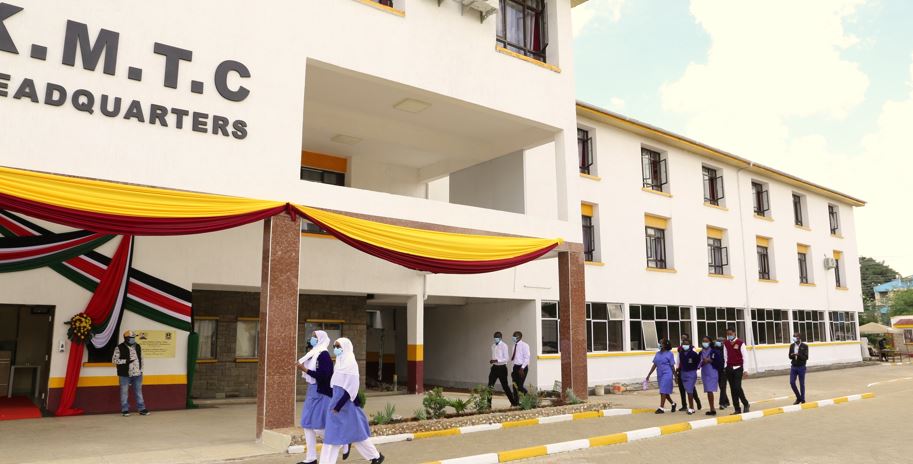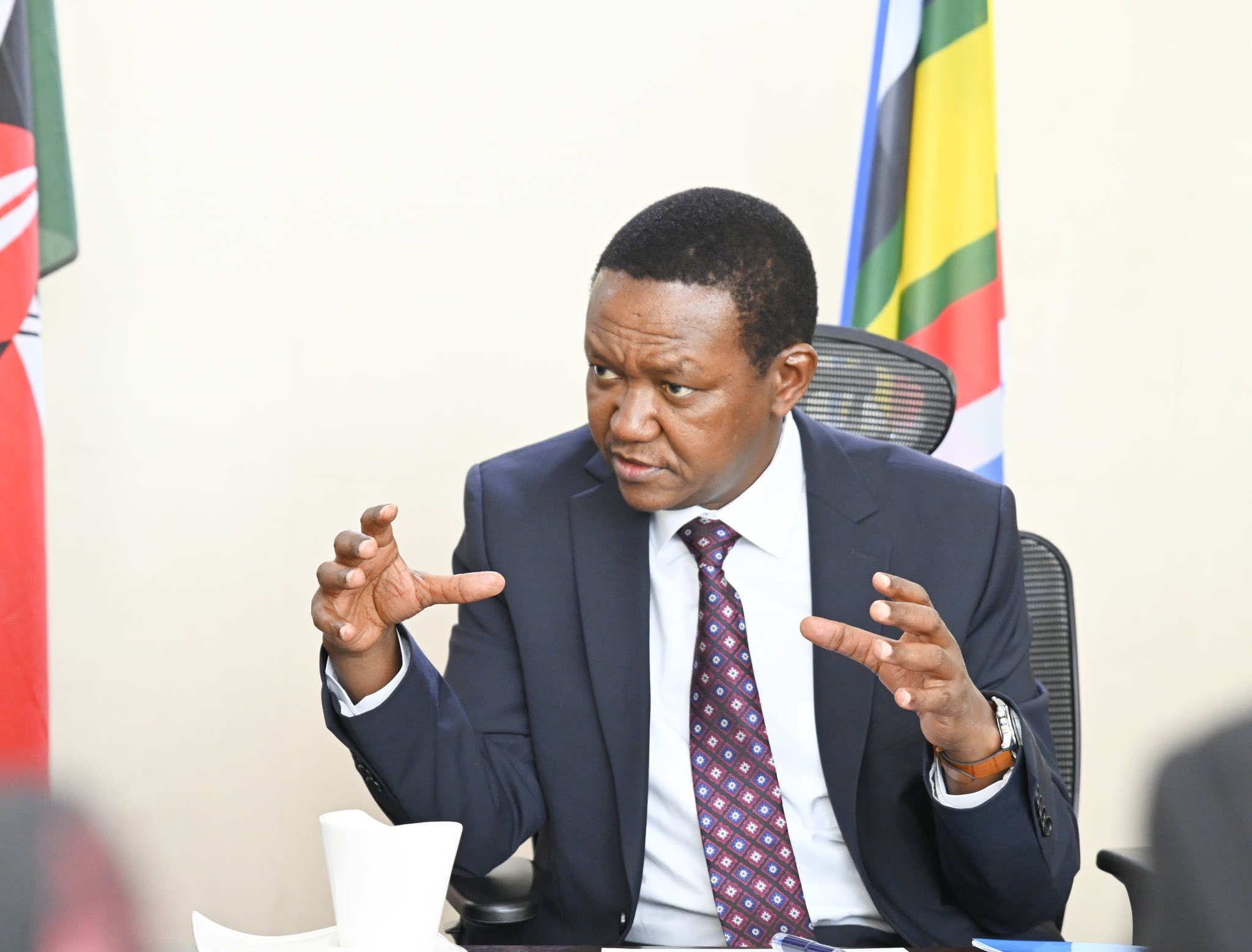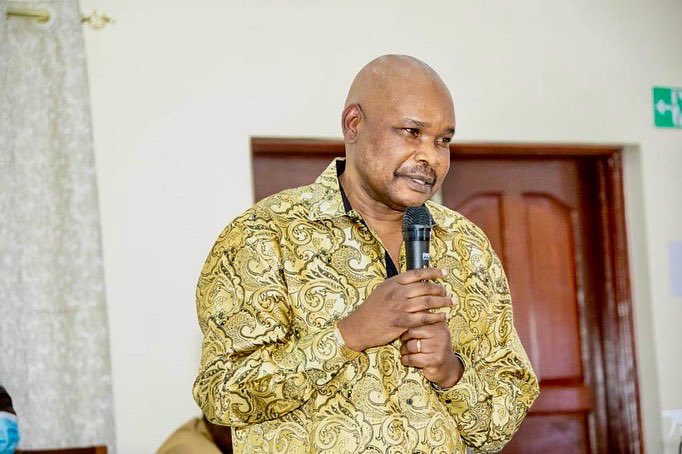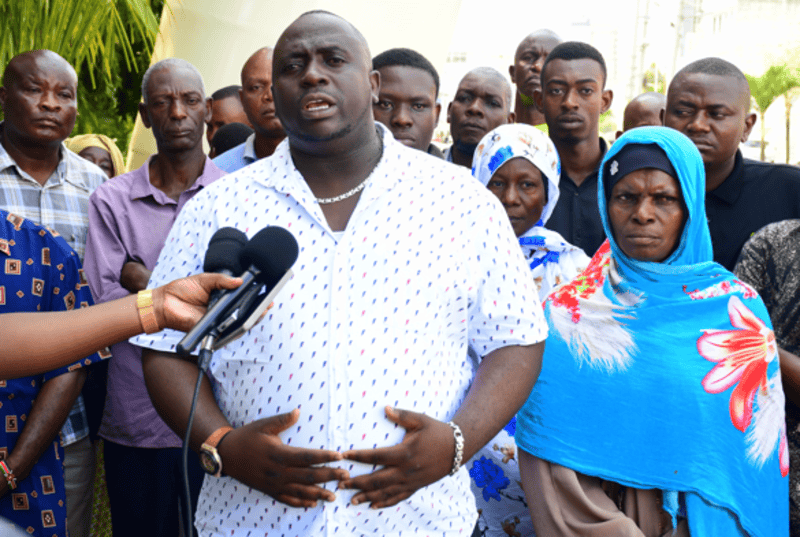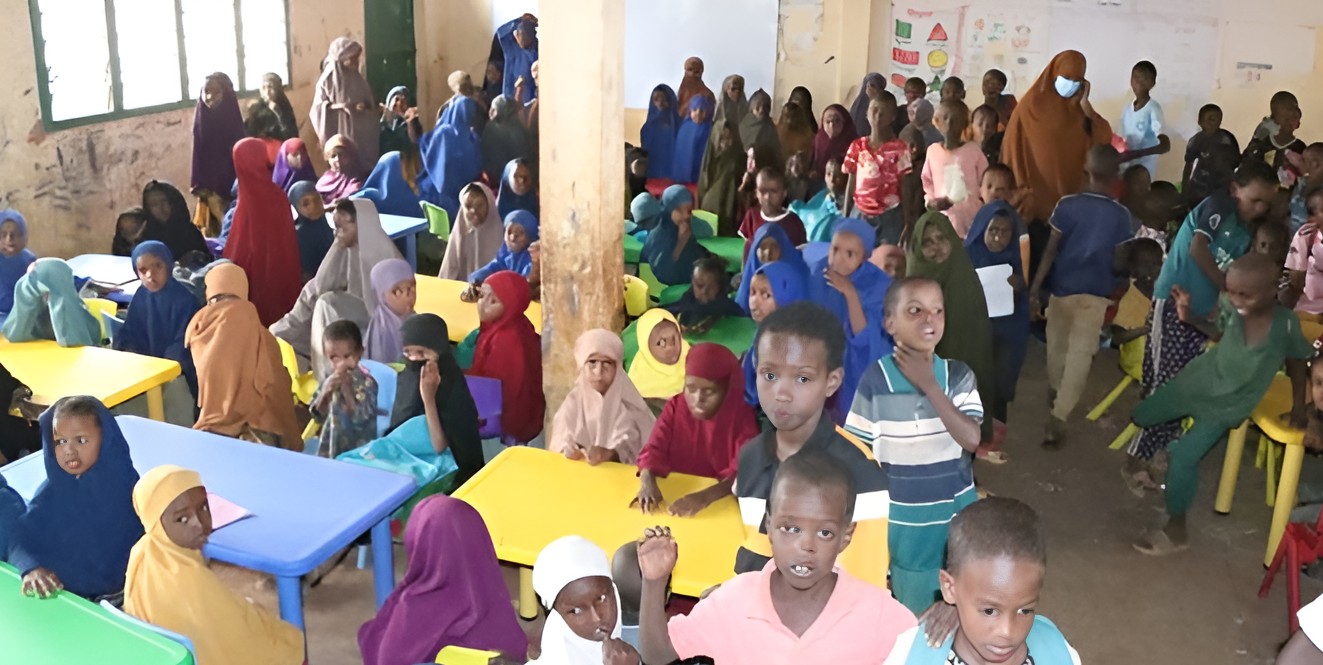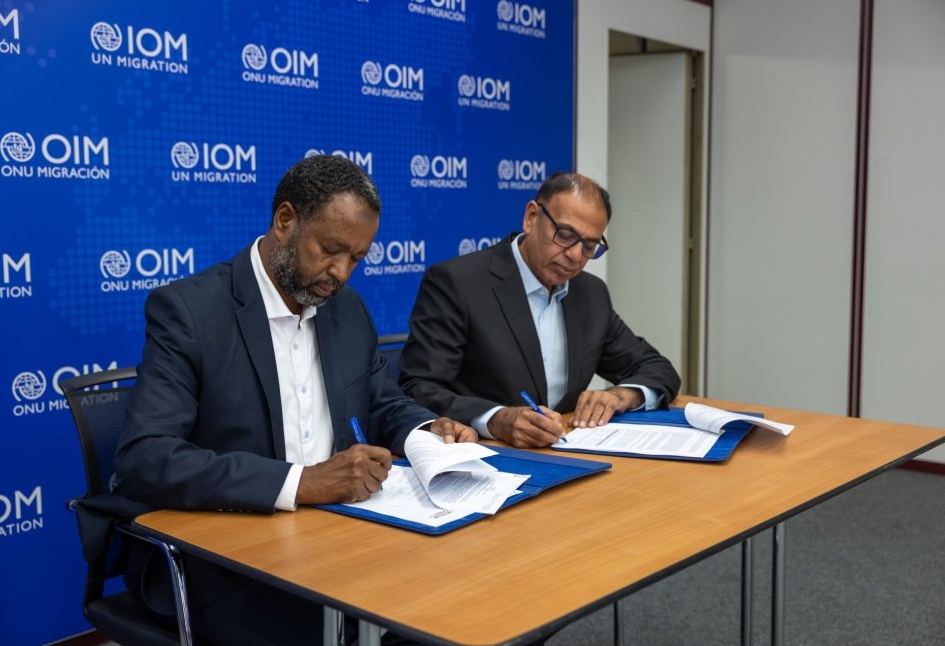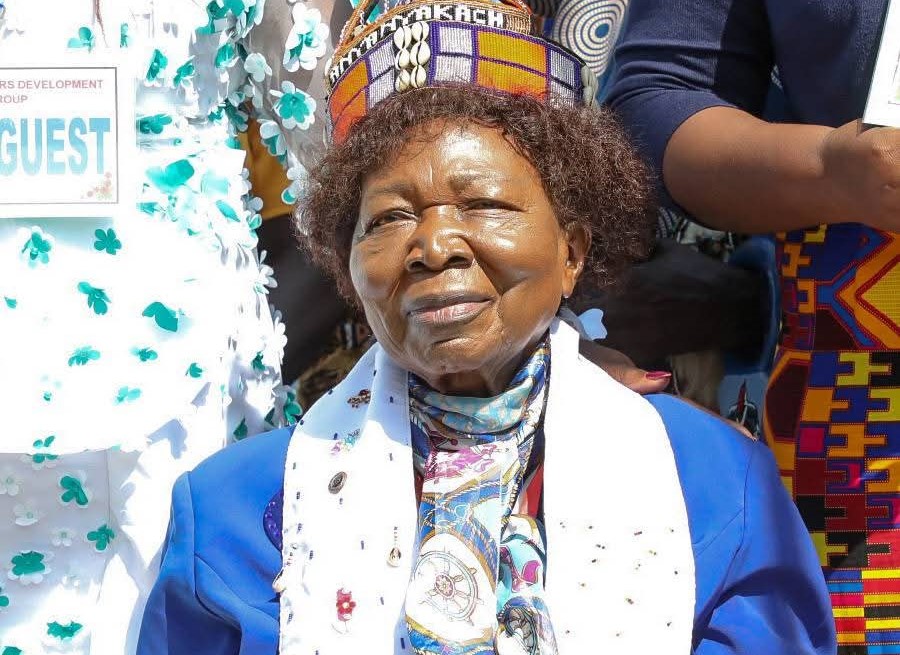Refugees married to Kenyans sue government over citizenship
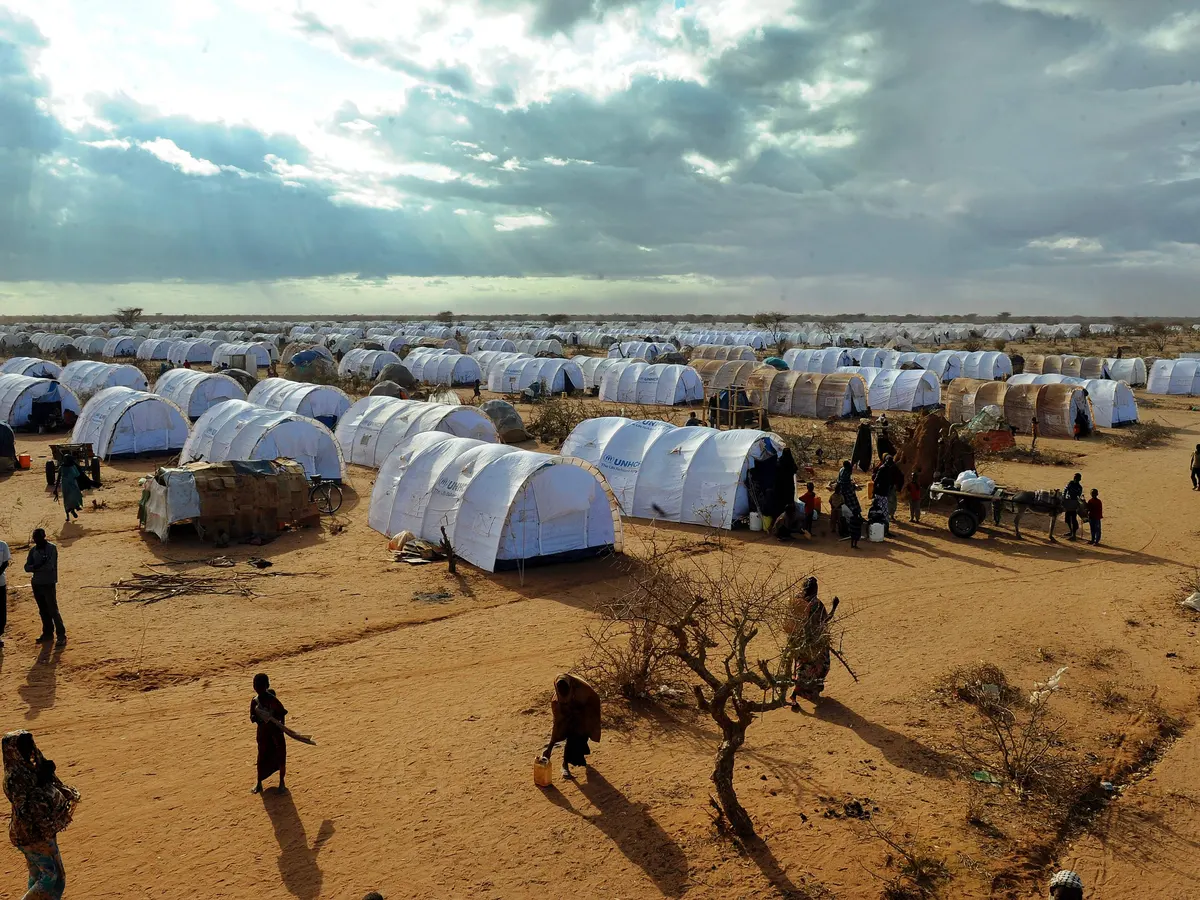
The petitioners argue that the government's refusal to change their statuses has denied them the opportunity to live with their husbands.
Fauzia and Khadija (not their real names) are two women who have been living in Kenya for over three decades as refugees.
They fled their country due to drought and war and have been residing at the Hagadera refugee camp in Dadaab.
More To Read
- Refugees to gain access to mobile, banking services under new regulations
- WFP receives Korean rice donation to feed 720,000 refugees in Kenya
- Police probe shooting of trader found dead in stalled car in Dadaab
- 700,000 refugees in Kenya face severe hunger crisis after aid cuts
- Funding shortages threaten relief for millions of Sudanese refugees: WFP
- UNHCR reports record displacement in West and Central Africa
Their story, which is central to a landmark case at the Garissa High Court, lifts the veil of the predicament that Kenyans and refugees who fall in love and marry are faced with.
The two are married to two Kenyans and have children who by birth are Kenyans. They have been married for more than 18 years now.
Nevertheless, they remain holed up at the refugee camp and whenever they want to visit their husbands, they have to get a special clearance.
The two, alongside a human rights group Haki na Sheria, filed a case that they argue will settle the quandary faced by at least 700,000 refugees living in the country.
They want their case filed before High Court Judge John Onyiego certified as one of public importance and want the Chief Justice to constitute a bench of at least three judges to hear and determine it.
The bigger problem, according to the case filed by Bashir and Noor Advocates, is that they do not know any other country to call home other than Kenya, and they cannot be accepted by their motherland as they are considered to be Kenyans by marriage.
“The issues sought to be decided are also not mere questions of law, they are substantial questions of law and their resolution will have a material bearing on foreign nationals seeking to attain citizenship through marriage as well as refugee spouses of Kenyans whose rights have accrued for more than thirty (30) years and have neither been resettled to third party countries nor are they capable of repatriating back to their countries,” their lawyers Bashir and Noor argued.
The petitioners argue that the government's refusal to change their statuses has denied them the opportunity to live with their husbands.
In her case, Fauzia narrated that she got married to her husband, a Kenyan, in 2005. The couple has been together for 17 years and has four children.
The mother of four argued that she qualifies for registration as a Kenyan citizen as she has been married to a Kenyan for more than seven years.
“Article 15 (1) of the Constitution states that a person who has been married to a citizen for at least seven years is entitled on application to be registered as a citizen’. This contrasts with Article 15(2) which provides that a person who has been lawfully resident in Kenya for a continuous period of at least seven years, and who satisfies the conditions prescribed by an Act of Parliament, may apply to be registered as a citizen,” Bashir and Noor argued.
Fauzia also argued that Section 11 of the Kenya Citizenship and Immigration Act is inconsistent with or in contravention of Articles 15 (1) and 45 of the Constitution in so far as it establishes an additional criterion for citizenship by marriage not provided for in Article 15 (2) of the Constitution.
In the meantime, Fauzia said that refugees are not also allowed to get entry visas because they came in as asylum seekers fleeing persecution.
The law and general international practice exempt those fleeing persecution from such a requirement.
Therefore, she said, it creates more problems for her spouse as he risks being prosecuted for applying for a visa on her behalf.
Meanwhile, Khadija has been married for 11 years.
She says her marriage is at a crossroads as the law has set her up for failure from the onset. She too lamented that her right to citizenship remains a mirage as the government has done little to have her status changed.
After years of interacting with Kenyans, especially the locals, refugees have married and countless families have grown from these unions.
The two women explained that refugees face difficulties migrating with their spouses due to the law not allowing them to have documents such as passports and visas.
The eligibility of spouses of refugees for citizenship through marriage remains an unsettled issue.
In their case, Fauzia and Khadija have sued the Interior Cabinet Secretary, Director-General of Citizenship and Immigration Services, the Registrar of Persons and the Attorney General.
The petitioners argue that Section 11 of the Kenya Citizenship and Immigration Act is not in line with Articles 15(1) and 45 of the Constitution. This is because it sets an extra requirement for citizenship by marriage that is not stated in the Constitution.
The court heard that they are also not allowed to apply for dependent’s passes and permits.
They claimed that they were asked for documents which are not within their reach as they left their countries owing to drought and war.
“By setting up legal and administrative hurdles that make it challenging or impractical for refugees’ spouses to attain citizenship by marriage, the respondents have rendered the administrative process unreasonable and unfair, hence violating the right to fair administrative action,” Fauzia and Khadija argued.
On the other hand, the AG opposed the case and the prayer to constitute a bench, arguing that there is nothing new about the case.
Senior State Counsel Macheso Weche said that the case has so far been handled by a single judge who is equally competent to handle it. He argued that an order by three judges has the same weight as that of a single judge.
“The application is an afterthought…The petition has substantially proceeded before a single judge and only awaits setting the matter down for a substantive hearing of the parties on the main issues of the subject matter herein,” argued Weche.
He urged the court to dismiss the application and order that the two should bear the cost.
“The application imperils Article 159 (2) of the Constitution on the principle of justice shall not be delayed and the principle of prudent use of judicial time. The application is not demonstrative of any substantial or novel question of law capable of being referred to an uneven number of judges for determination,” he added.
Top Stories Today


